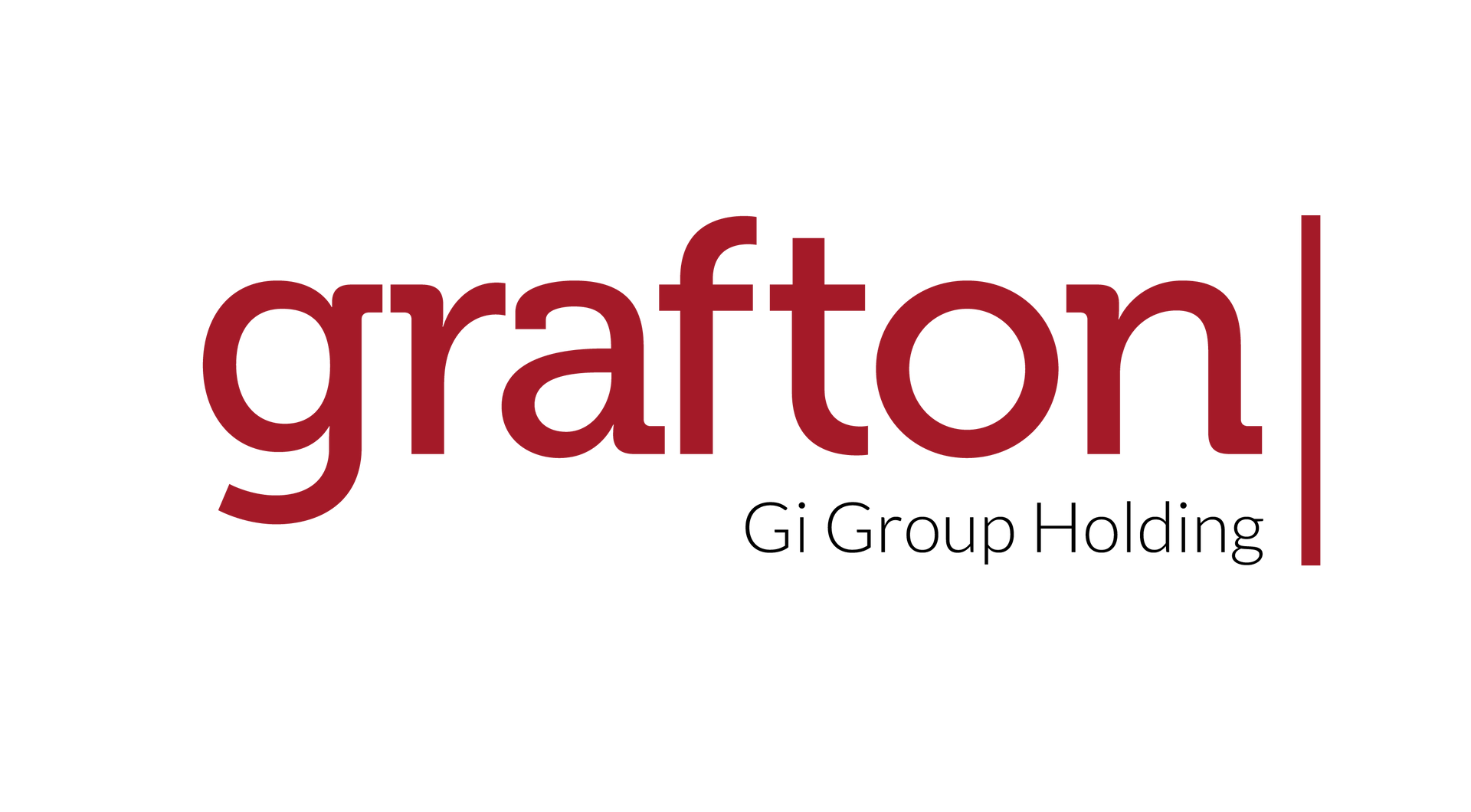Spring was anything but ordinary, and in the light of this experience, it is more difficult than ever to predict autumn. However, by observing the labour market daily, we have written down what we are currently seeing and experiencing, and what we can draw from it for the coming months.
Unemployment rate
In February, before the declaration of a state of emergency, the registered unemployment rate in Estonia was 5.2% and by the end of July it was already 7.8%. Autumn will lead to further redundancies, which is why the unemployment rate in the upcoming months only shows a growing trend, and a probability that it will be close to 10% by the end of the year.Although the activity of recruitment and the number of job vacancies have been promising in the second half of the summer, it will not address the rising unemployment rate. Structural unemployment remains a concern, for example the education and work experience of those who have lost their jobs do not exactly match the job offers on the market.
Number of job offers and availability of candidates
While the emergency situation largely halted recruitment activities, the market has become more active since July, and the growing number of job advertisements has also been confirmed by Estonia’s largest job advertisement portals CV-Online and CV Keskus. Certainly, one reason is the coronavirus, which has receded by the summer, but on the other hand, employers also see an opportunity in the current situation. According to all assumptions, the rising unemployment rate could lead to a higher number of candidates and, perhaps, to better choice and lower wage expectations compared to the beginning of the year.
In our experience, the number of candidates has indeed increased in recent months, but this does not necessarily mean a better choice. Namely, it is known that the number of jobseekers has increased from the fields that suffered the most from the coronavirus, but the qualifications of these people may not be suitable for filling vacancies in other fields. In other words, those jobseekers whose searches have not been successful, will, due to circumstances, apply for jobs that do not match their previous experience. For example, information technology field stood out with a large amount of job offers in August, but new jobseekers have entered the market from fields such as tourism, manufacturing and services.
When talking about the availability of candidates, two groups could be broadly referred to. One is a group of people who consider income maintenance and economic stability important. Currently, they do not consider changing jobs because they are afraid of a new outbreak of the virus or are unsure about the sustainability of a new potential employer. This group also includes people living and working in Estonia with a temporary permit who, with the desire to stay in Estonia longer, are considering new offers even more carefully. These people are waiting for the general market situation to stabilize before they change jobs on their own initiative.
The second group, at least the same size, is made up of people who do not allow themselves to be too intimidated by the uncertainty of the moment, and who are open to changing jobs or even actively looking for a new job. This group, of course, includes those who have lost their jobs or foresee the possibility approaching, but also those who desire to move on and are not concerned by the uncertainty of the moment. Recent dissatisfaction with work has also been caused by changes in the work organization, such as a reduction in the size of the team and the consequent coping with a much higher workload or a decrease in remuneration.

Trend of replacement
After the state of emergency and some recurrence of the coronavirus, employers began to express a greater desire to replace existing employees. It is a case for the ones who have not adapted well enough to the changed situation and expectations, as well as for those who have been recruited in a similar labour shortage and low choice situation in the past. Thus, employers believe that the current time could be good for exploring alternative options and, let it be said, that replacements have increased among both professionals and senior managers. This, in turn, means that the number of job advertisements still does not reflect the actual number of job vacancies in the market – as before, there are companies that recruit new employees through direct search, including those who carry out confidential replacements of existing employees.
Candidates’ salary expectations
Candidates’ salary expectations and the possible decrease in the numbers has been a popular topic this year. However, our experience in recent months has shown that candidates’ salary expectations have at times moved in opposite directions. Active jobseekers, including those who have already lost their jobs, have lowered their pay expectation on average 10-15%, no more. At the same time, passive jobseekers and candidates of direct search either have not adjusted their salary expectations or have increased them. Higher wage expectations reflect the additional risks associated with changing jobs, not so much the candidate’s qualifications – for example, some people are willing to change jobs in today’s precarious situation only if it is financially well-founded.
Recruitment of foreigners
In August, we conducted a short survey among 25 companies to examine their readiness to recruit foreigners. It turned out that only 12% of the companies participating in the survey do not plan to recruit foreigners this autumn. The rest are open to international recruitments – 48% of the survey participants would be ready to consider hiring expats in Estonia, and 28% of companies would be willing to relocate foreigners to Estonia as soon as possible. Others would offer remote work to foreigners until travelling and relocating is easier and safer again.
The autumn will be heavily affected by whether we act in an economic crisis or in a corona and economic crisis. In any case, we will continue monitoring the labour market, adapting and keeping abreast of developments, and in all this, supporting our clients and candidates in every way.
